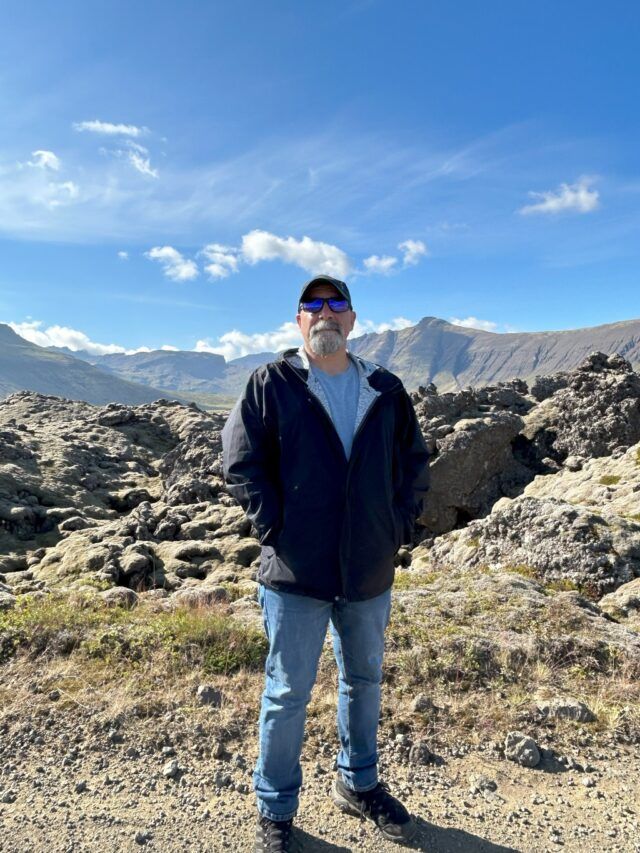Can an old horse learn new tricks? Absolutely! In 2021, at age 60, I completed a 16-hour, 50-mile endurance hike through the Shawangunk Mountains of New York State.
Training for that endurance race left me in what I considered, at the time, to be in the best physical shape of my life and I had plenty of knowledge regarding the food choices needed to maintain that level of fitness.
Regardless of my dietary knowledge, over time I would discover a training diet was not psychologically sustainable after crossing the finish line. Not only was I physically tired after months of training, but I was mentally tired of labeling food as good or bad while maintaining calorie limits and macronutrient ratios. Add in the stress of a new job with second-shift hours, which had me eating late at night, I started struggling with acid reflux and bloating. As I would later learn through my Whole30 experience, I was making wrong choices based on trying to follow what I thought I should be eating, versus what my body actually needed.
Fast forward to this past March, where now, recently retired at 63 years old, I was sitting in my doctor’s office after being rejected for a Red Cross blood donation due to high blood pressure. As a friend jokingly commented, retired people should not have high blood pressure. This in addition to further bloating, very low energy (walking five miles with some of the folks I had trained with for my race was exhausting), constant muscle aches when working around the house, and a very pear-shaped body. I felt like I had lost all control over my body. It was during that appointment that I was introduced to Whole30 and encouraged by my doctor to try it for 30 days.
The first 30 days were similar to my training mindset in that there were compatible and non-compatible foods. I still had cravings for non-compatible foods, but what caught my attention, was how quickly I started to feel better without making choices around calories or macronutrients. That gave me the needed motivation to continue in the face of my cravings.
After the first 30 days, I was pleasantly surprised to discover how the reintroduction phase is very similar to the “what if” mindset utilized during my race training to formulate a contingency plan for if something went wrong during the race. The reintroduction phase answers the “What if I eat a particular food” question. Through reintroduction, we are literally shown how to make the best choices for reaching a better quality of life.
Now, months after being introduced to Whole 30, I’m enjoying the benefits of food freedom. My energy, mood, blood pressure, digestion, muscle aches, and vertigo, have significantly improved and, I’m considering training for another endurance hike in 2026.
The Whole30 program has been life-altering for me. It’s allowed me to regain a health-and-fitness level that I mistakenly assumed, as I aged, was long gone. It’s given me the comfort and self-confidence of knowing, without a doubt, that I can rely on myself to make the correct choices moving forward. For anyone new to Whole30, rest assured you will not be the same person after going through the program that you were when you started; this is due to the self-knowledge you will discover through your experiences during the Whole30 program.










